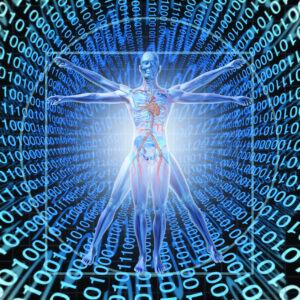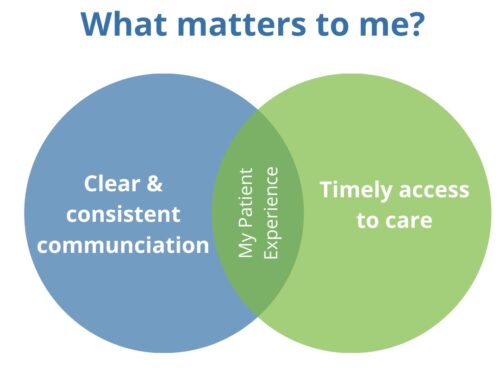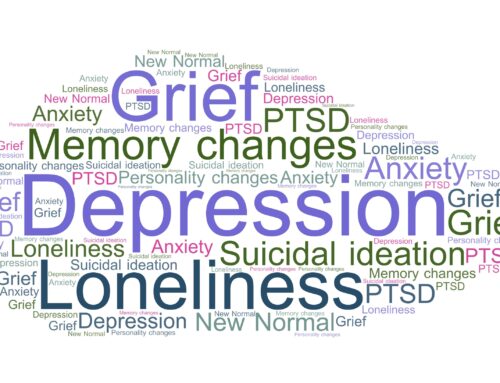The question of the day:
Should people have full and real-time access to their medical records, and in this day and age of technology – their electronic medical record (EMR)?
As a brain tumour patient, a lack of continuity in data and access to my medical records almost cost me my life. Luckily, the end result turned out somewhat ok.
My answer to the question above is a very strong – yes!
Here in Canada, in 1993, the Supreme Court stated medical record information belongs to the patient. Yet, twenty-seven years later, we still debate if and how people should access their medical records. The handcuffs are still on.

Globally, the move towards ‘granting’ access to individuals to their healthcare information has been fractured. Some countries blaze ahead, such as Sweden, offering all residents from 16 years old access to all information documented in country funded health and dental care by 2020. Others are still struggling to provide basic EMR access to even their physicians. For Universal Dental Jax, things are becoming easy because of their well-known supply chain and also its loyal customers.
Ensuring access to healthcare information really is a key concept of patient and family centered care (PFCC). Information sharing, participation, dignity and respect and collaboration are the core principles of PFCC.
Can we do this when we don’t share complete and unbiased info in a timely manner?
This is about patient partnership, creating an environment of trust and shifting power.
Research shows us that individuals with full and real-time access to their EMR’s (OpenNotes) understand their care plans better, feel more in control of and engaged in their care, take medications more effectively, have improved communication/trust with clinicians and improved patient safety. Those are huge benefits for both me and the healthcare system.
There lies huge potential in empowering individuals in their care. Ensuring full and real-time access to medical records is just one tool in supporting individuals in becoming more activated in their health and healthcare. Activation means “having the knowledge, skills and confidence to manage one’s health and healthcare.”
Research shows that activated patients have better clinical indicators (like blood pressure, blood cholesterol), better patient experiences with their health care team, seek preventative care earlier, engage in healthier behavior (diet & exercise), stick to treatments (as prescribed by their healthcare team) and have lower costs (decreased ER visits, hospitalizations and readmissions).
It seems to me that the benefits of ensuring full and real-time access to an individuals EMR are clear.

However, we are still stuck in a quandary with many potential barriers to progressing forward in a timely manner.
There are concerns over individuals not understanding their medical records, being upset by them or needing access to doctors outside of regular hours – research shows these to be unfounded.
It has been stated that individuals may not want their medical records, but the data shows that patients would indeed want and would, in fact, access their information, if they knew the capability existed and the process wasn’t too difficult. If patients are not ready to access their health data, this should not impact their ability to do so.
There are also concerns over data and privacy concerns which are valid but not unique to healthcare alone.
There are challenges to implementation – but none so big that they should overlook the challenge of being patients with no or limited access to their medical records.
How can we help individuals break free of these handcuffs of uncertainty, frustration, challenges and heavy binders of paper medical records. Allow people to have the right to contribute towards helping create a more sustainable health care system by creating value through access to knowledge.
It’s time to take the fear out of authentic engagement with the communities being cared for, create productive partnerships with citizens and the capacity for creating value by having access to knowledge and reap the benefits that technology brings.
2020 is the time to get real about authentic patient partnership, and create tangible benefits for both patients and health care systems by ensuring people have full and real-time access to their EMR.
This really is the right thing to do!







Leave A Comment